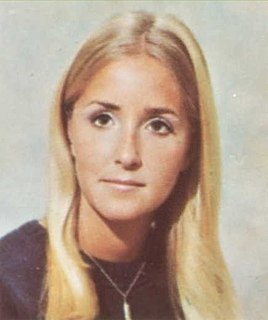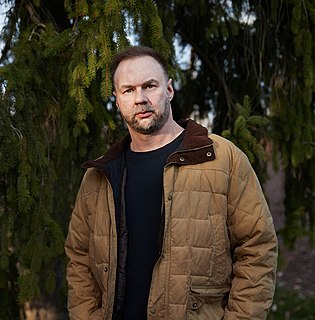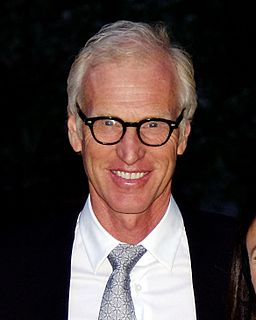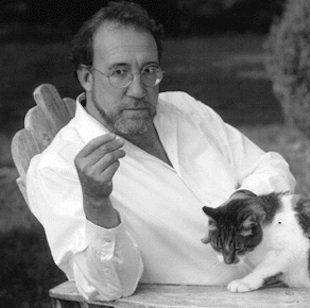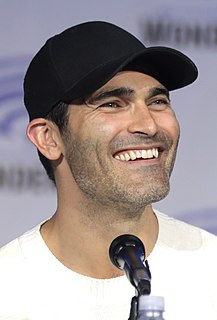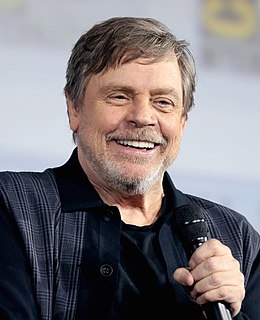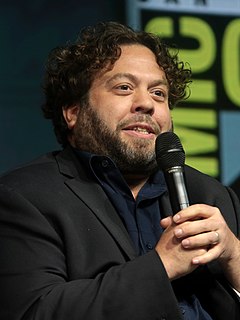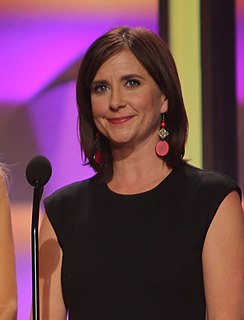A Quote by Laura Ziskin
In some ways, the most rewarding thing I've done were the two times that I did the Oscars, particularly the first time because it was really like the ultimate "Let's put on a show," with every great movie star in the world available.
Related Quotes
In like manner the effect of every action is measured by the depth of the sentiment from which it proceeds. The great man knew not that he was great. It took a century or two for that fact to appear. What he did, he did, he did because he must; it was the most natural thing in the world, and grew out of the circumstances of the moment.
The great thing about the dilemma we're in is that we get to re-imagine every single thing we do...There isn't a single thing that doesn't require a complete remake. There are two ways of looking at that. One is: Oh my gosh, what a big burden. The other way, which I prefer, is: What a great time to be born! What a great time to be alive! Because this generation gets to essentially completely change the world.
I put in all the dirty words. It works really well. The thing that we found with 'Drive Angry,' more than anything else is that we wrote the movie that we wanted to see. I've done that before. I've wanted to see 'Jason X'. It did not become the movie that I thought it would be. That happens. It's happened with every movie I've ever done.
We love being in business with Guillermo [Del Toro]and frankly that movie, if you look it up, did I think more business than the first X-Men, did more than Batman Begins, our first movie, did more than Superman Returns, The Fast and the Furious, Star Trek- so for a movie that was an original property that we made up it's done really well.
People think of DiMaggio as the exemplar of a 'golden age,' and in some ways, he was. But in the most fundamental ways, he was really the first modern athletic superstar because, number one, he ushered in the era of big money; and number two, he never did anything except that - he never really took another job in another industry.
When I turned twenty-five, I did a six-week trip around Europe by myself. I'd never really done a European trip before and I'd definitely never traveled alone like that. I just had such a great time meeting people. I had such a great time seeing new cultures and different ways that people think and different ways that they live and different ways that they see the world.
I'm not a movie star, but I've been an actress forever, and the first time I went on a date with my husband, he said to me, 'So I hear you're an actress. I've never seen anything you've done.' We were like, oh gosh, 21 when I met him, and I laughed, because I'd done 'Life Goes On,' and 'Christy,' and I mean, I'd been working forever.
The whole first movie [Twilight] was pretty fun. I had never really done a movie like it, when there's such a big cast of people that are around about the same age. Everyone didn't really know what was going to happen with the movie, but there was a good energy. There was something which people were fighting for, in a way. They wanted it to be something special. None of us were really known then, as well. It felt like a big deal, at the time.
AMD's history is we've always had great technology. We've had periods of time where we've done really, really well, and we've had periods of time where we've done not so well. But most of the time we've done well, it's because we've had a leadership product or some technology where we were out in front before anybody else.
